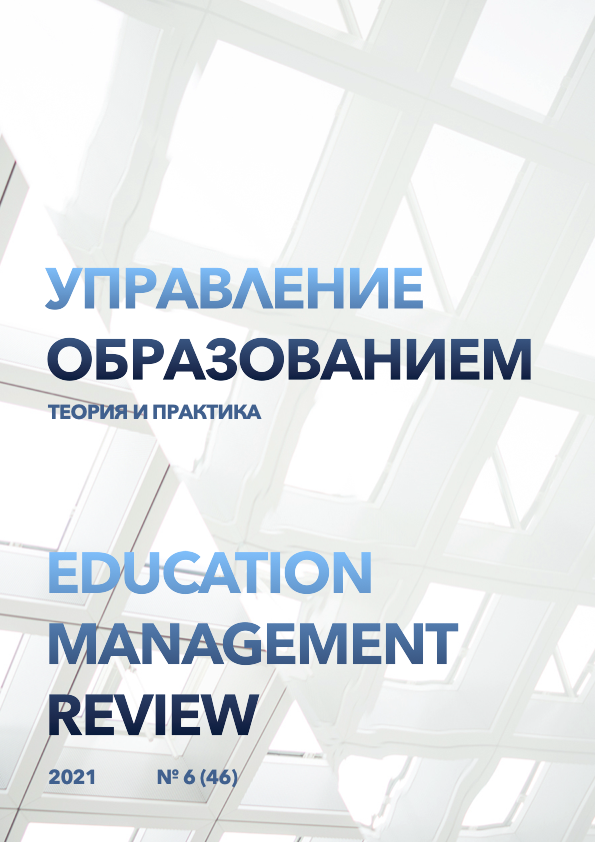Methodological development of material on the latest English-language economic lexemes in the Chechen media
DOI:
https://doi.org/10.25726/m8607-6391-2337-wKeywords:
anglicism, borrowings, mass media, economic vocabularyAbstract
The socio-political processes taking place in modern society over the past three decades have caused fundamental changes in the life and outlook of citizens, which could not but be reflected in the processes that occur in the Russian and, accordingly, the Chechen languages. Given the intensification of Russia's international relations with other states and the leading positions of the English language on the world stage, it is quite natural that the socio-political and economic vocabulary of the English language is borrowed by the Russian language. This article is devoted to the latest English-language economic lexemes in the texts of the media in the Chechen language. Borrowings of this thematic group make up the largest group, since English-language lexemes from the economic sphere began to function in the Chechen language at the end of the twentieth century. The authors identify English-language economic terms that have long become familiar to Chechens and are no longer perceived as borrowings (for example: business, businessman, trust, marketing, manager, etc.). In addition, there are a large number of economic non-borrowings that are actively used in the language of the media, but they have not yet come into use.
References
Комлев Н.Г. Словарь иностранных слов. М., ЭКСМО-Пресс, 2000. 672 с.
Cambridge Dictionary. URL: https://dictionary.cambridge.org.
Collins Dictionary. URL: https://www.collinsdictionary.com.
Barabasch, A., Bohlinger, S., & Wolf, S. (2021). Reconstructing policy transfer in adult and vocational education and training. Research in Comparative and International Education, 16(4), 339–360. https://doi.org/10.1177/17454999211062825
Jain, S., & Agarwal, K. (2022). Usefulness of Graphemes in Word-Level Language Identification in Code-Mixed Text. Lecture Notes in Networks and Systems, 302, 174–185. https://doi.org/10.1007/978-981-16-4807-6_17
Lagazio, C., Persico, L., & Querci, F. (2021). Public guarantees to SME lending: Do broader eligibility criteria pay off? Journal of Banking and Finance, 133. https://doi.org/10.1016/j.jbankfin.2021.106287
Wang, R., Xue, Y., & Zheng, W. (2021). Does high external debt predict lower economic growth? Role of sovereign spreads and institutional quality. Economic Modelling, 103. https://doi.org/10.1016/j.econmod.2021.105591
Xu, X., Kang, J., & Yan, L. (2022). Understanding embodied immersion in technology-enabled embodied learning environments. Journal of Computer Assisted Learning, 38(1), 103–119. https://doi.org/10.1111/jcal.12594
Zhang, Y., Li, P., Yang, S. A., & Huang, S. (2022). Inventory financing under Risk-Adjusted- Return-On-Capital criterion. Naval Research Logistics, 69(1), 92–109. https://doi.org/10.1002/nav.21988




